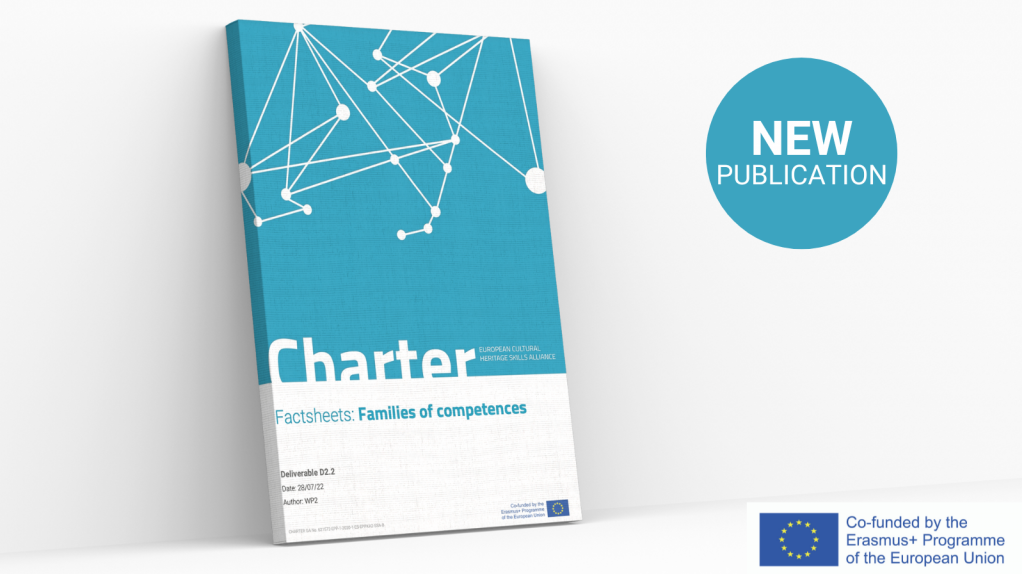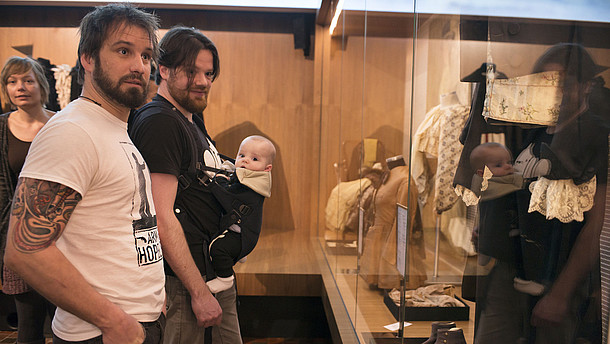It illustrates the process carried out in the last year to develop the CHARTER Cultural Heritage Ecosystem Model, which represents the first steps of creating a methodology to identify competences for cultural heritage professions.
The new publication includes the new CHARTER Spiderweb Diagram, which picks up the six heritage functions from the CHARTER model (management; governance and policy making; research & development/education; engagement & use, preservation & safeguarding; recognition) to allocate activities related to heritage practice in a scale of eight levels of knowledge per function (responding to the eight EQF levels).
Through this proposed methodology, CHARTER aims to offer a practical way to reflect on the current state of heritage practice, fully describing the range of activities, tasks and skills involved.
Elis Marçal, President of E.C.C.O. (European Confederation of Conservators-Restorers Organisations) and leader of the WP2, states: “Our goal is to produce easy, user friendly and accurate tools for those working in cultural heritage. To inspire discussions, self-assessment and ultimately to help us to better understand our sector and our professional practice.”
- Download and read the factsheet
- Access other reports and results published by CHARTER
CHARTER, the European Cultural Heritage Skills Alliance, brings together and represents the whole range of the cultural heritage sector in Europe. We strive towards making apparent the value of cultural heritage and creating a resilient and responsive sector. We work towards creating a lasting, comprehensive strategy that will guarantee Europe has the necessary cultural heritage skills to support sustainable societies and economies.
- Learn more about CHARTER Alliance
- Subscribe to the newsletter: bit.ly/CHARTER-newsletter




